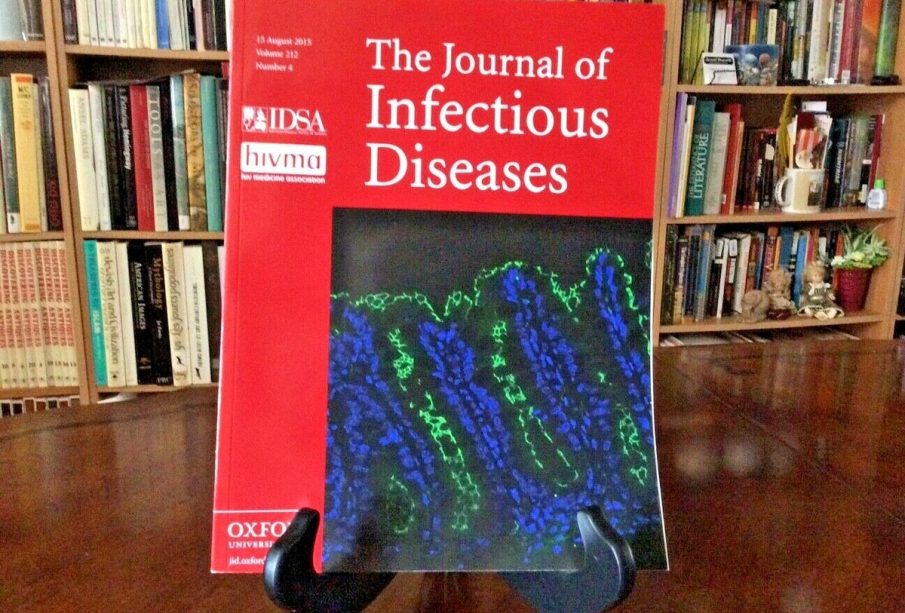Understanding the Importance of Infectious Diseases

Introduction
Infectious diseases are ailments caused by pathogens such as bacteria, viruses, fungi, and parasites. They remain one of the most pressing public health challenges of our time, significantly impacting global health, economies, and societies. The resurgence of diseases like tuberculosis and the emergence of new viruses such as COVID-19 underline the importance of understanding and managing infectious diseases effectively.
Current Events and Stats
According to the World Health Organization (WHO), infectious diseases account for approximately 15 million deaths annually, representing nearly 30% of all global deaths. Recent events, such as the COVID-19 pandemic, have exacerbated the urgency surrounding infectious disease awareness. Efforts are now shifting from just treating infections to preventing outbreaks through vaccination, education, and surveillance.
As of late 2023, countries around the world are continuing to report sporadic cases of COVID-19 and other infectious diseases, such as monkeypox, necessitating continued vigilance among health officials and the public. The Global Health Security Agenda, initiated in 2014, is a collaborative effort to enhance international infectious disease detection and response capabilities, especially in poorer nations.
Significant Developments
Recent advancements in vaccination technology, including mRNA vaccines, have revolutionised the fight against infectious diseases. Worldwide efforts to develop vaccines for diseases like HIV and malaria are underway, sparking hope for effective preventative measures.
A recent report from the Centers for Disease Control and Prevention (CDC) highlighted that school-based health programs have been successful in increasing vaccination rates among children. These programs emphasize the importance of immunisation against diseases such as measles, mumps, and rubella, which have resurged in some areas due to vaccine hesitancy.
Conclusion
Infectious diseases remain a critical issue that requires collective action and awareness at all levels, from local communities to international organisations. With advancements in science and ongoing global collaboration, there is hope for mitigating the effects of infectious diseases. Nonetheless, continued public education, investment in research, and strengthening health infrastructures globally will be pivotal in turning the tide against these diseases. Understanding infectious diseases is essential for every individual as we collectively navigate public health challenges in the future.









